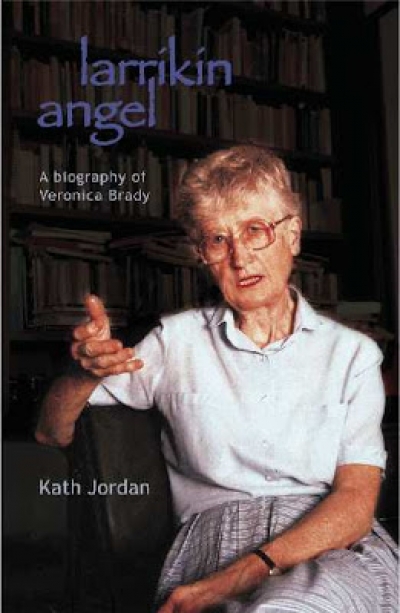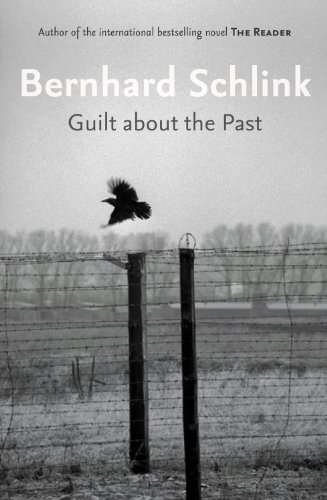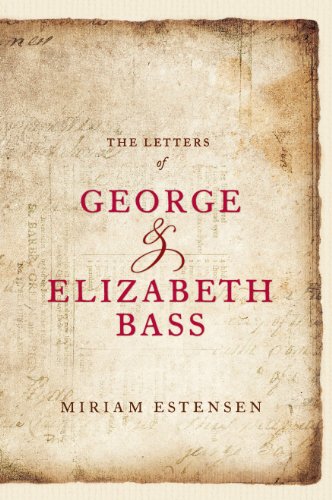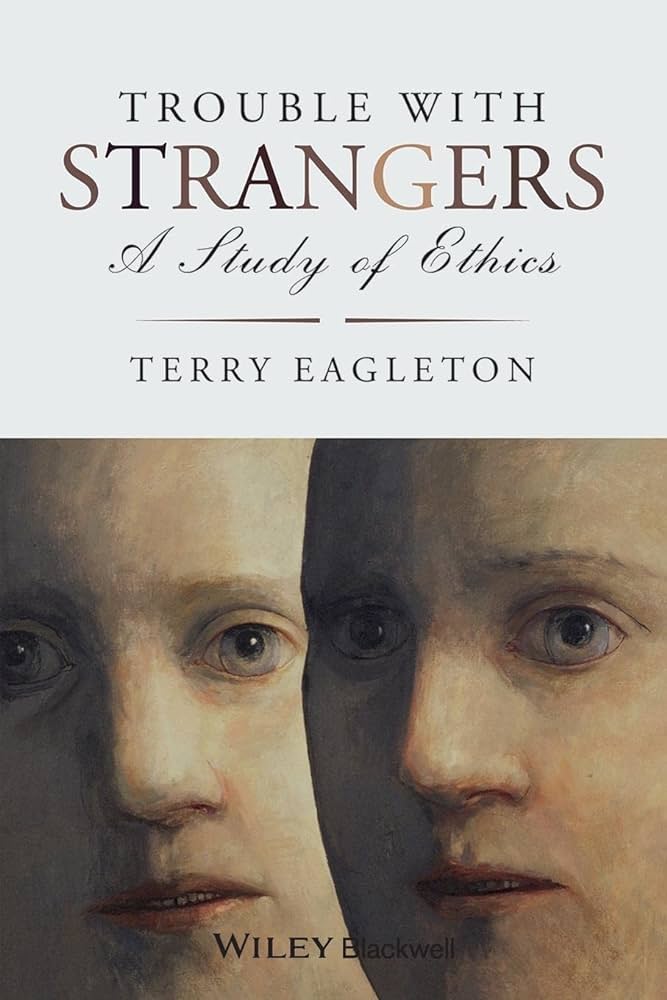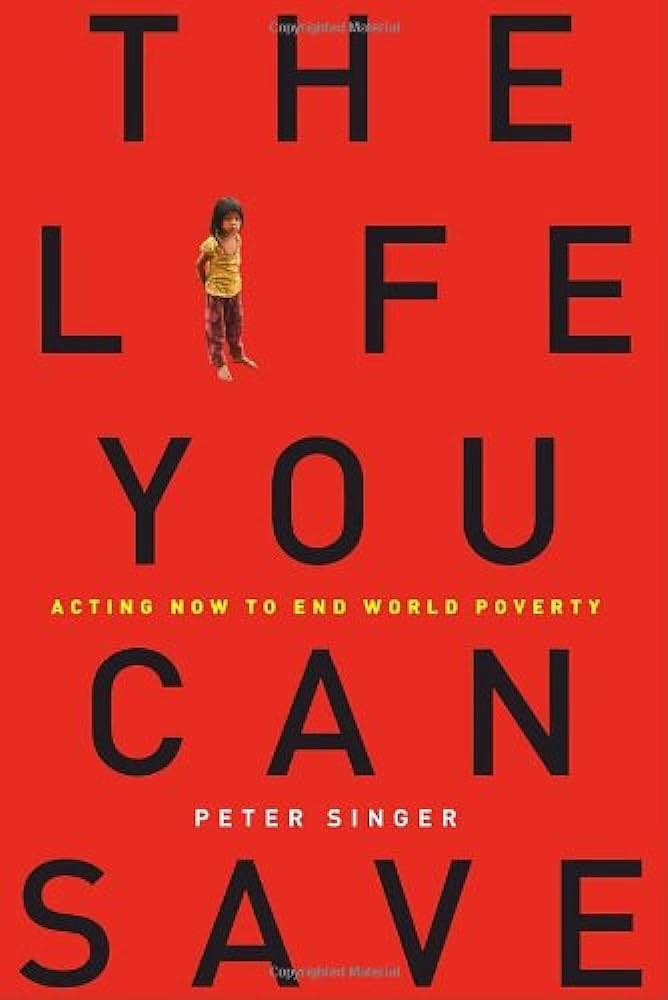Non Fiction
The Cambridge Introduction to Shakespeare’s Comedies by Penny Gay
by Robert Phiddian •
Leo ‘Rumpole’ McKern: The accidental actor by George Whaley
by Brian McFarlane •
The Devil We Know: Dealing with the new Iranian superpower by Robert Baer
by Richard Broinowski •
Trouble With Strangers: A study of ethics by Terry Eagleton
by Anthony Elliott •
The Life You Can Save: Acting now to end world poverty by Peter Singer
by Anthony J. Langlois •

